Myth: Electric Vehicles Are Less Reliable
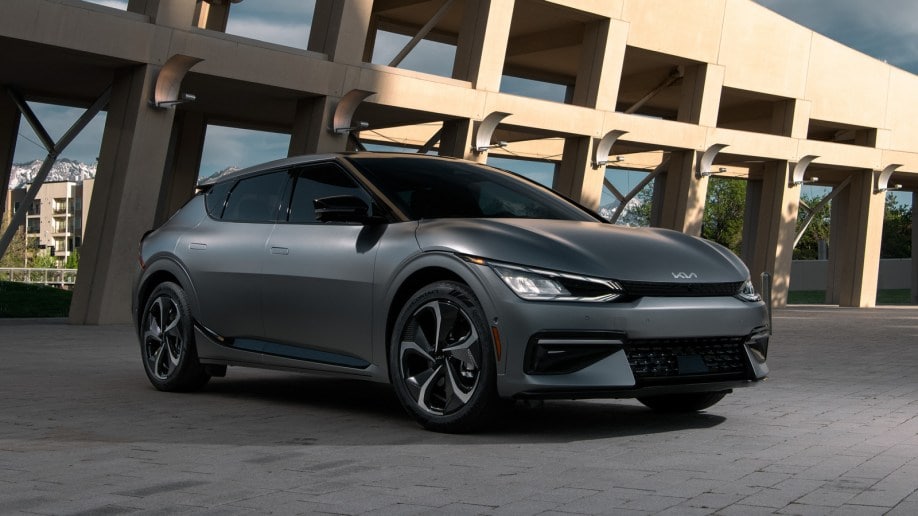
Contrary to this myth, electric vehicles have proven to be highly reliable. Factual data shows that electric vehicles tend to have fewer moving parts, reducing the chances of mechanical failures and the need for regular maintenance. Additionally, many electric vehicle manufacturers offer long warranties to provide further assurance to consumers.
Debunking the myth of electric vehicle reliability

Electric vehicles have proven to be highly reliable, with fewer moving parts and reduced mechanical failures. Factual data and long warranties provided by manufacturers assure consumers of their reliability.
Factual data on the durability and maintenance of electric vehicles

Studies have shown that electric vehicles have fewer moving parts and experience fewer mechanical failures compared to traditional vehicles. In fact, electric vehicles require less maintenance and have lower maintenance costs over time, resulting in increased durability and reliability. A survey conducted by Consumer Reports revealed that Tesla electric vehicles have consistently ranked among the most reliable cars on the market. Additionally, manufacturers offer long warranties on electric vehicle components, providing further evidence of their reliability. It is clear from the factual data that electric vehicles are a reliable and durable choice for consumers.
Myth: Electric Vehicles Have Limited Range
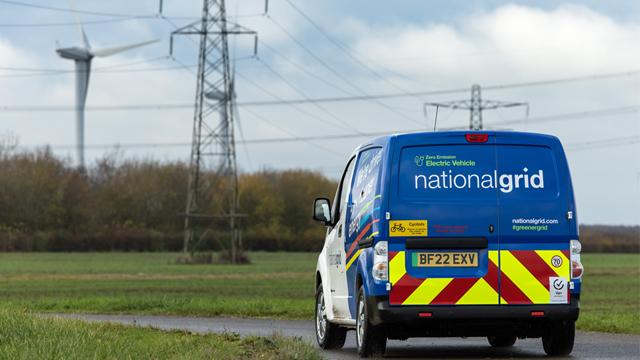
Exploring the truth behind electric vehicle range capabilities, studies have shown that modern electric vehicles have significantly improved their range. With advancements in battery technology, many electric vehicles now have ranges of over 200 miles, making them suitable for daily commuting and long-distance travel. Additionally, the availability of a growing network of charging stations further enhances the convenience and accessibility of recharging electric vehicles. This data debunks the myth that electric vehicles have limited range and demonstrates that they are a viable option for various driving needs.
Exploring the truth behind electric vehicle range capabilities
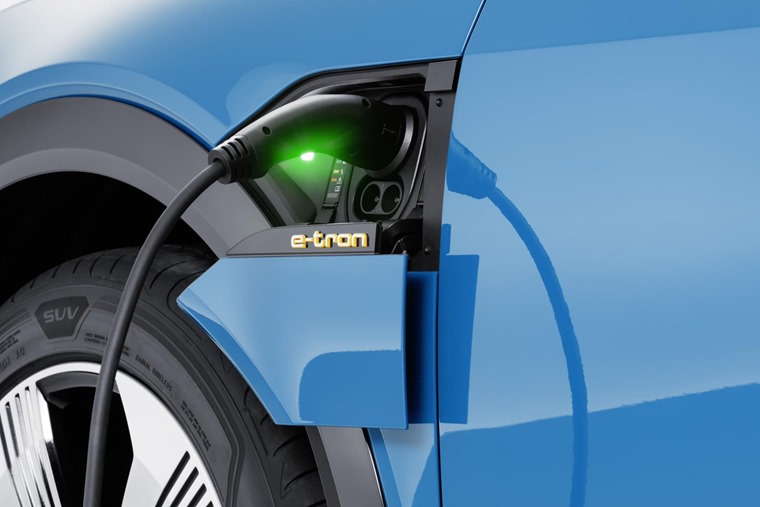
Studies have shown that modern electric vehicles have significantly improved their range, with many now having ranges of over 200 miles. This debunks the myth that electric vehicles have limited range and demonstrates their viability for various driving needs.
Factors influencing the range of electric vehicles

Factors influencing the range of electric vehicles include battery capacity, driving style, weather conditions, vehicle weight, and the use of auxiliary features such as air conditioning and heating.
Myth: Electric Vehicles Are Slow and Lack Power

Dispelling misconceptions about electric vehicle performance, recent advancements have made electric vehicles faster and more powerful than ever before. With instant torque and high-performance electric motors, electric vehicles can rival or even surpass the speed and acceleration of traditional gasoline-powered cars. By debunking the myth, it becomes evident that electric vehicles are capable of delivering an exhilarating driving experience.
Dispelling misconceptions about electric vehicle performance

Electric vehicle performance has come a long way, debunking the myth of their slowness and lack of power. With instant torque and high-performance electric motors, EVs can rival or even surpass the speed and acceleration of traditional cars. The advancement of technology has made electric vehicles capable of delivering an exhilarating driving experience.
The acceleration and power of modern electric vehicles
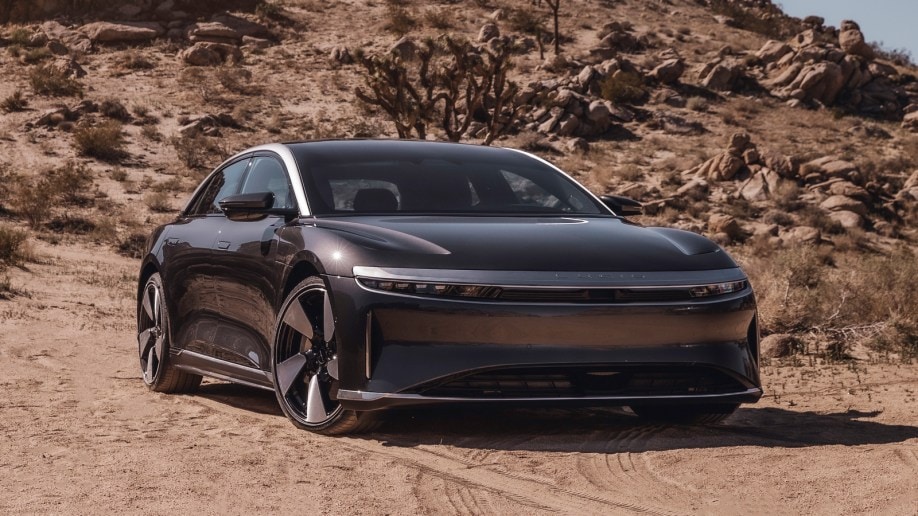
Modern electric vehicles are equipped with high-performance electric motors that deliver instant torque, resulting in impressive acceleration and power. Electric vehicles can rival or even surpass the speed and acceleration of traditional cars.
Myth: Electric Vehicles Are Not Environmentally Friendly
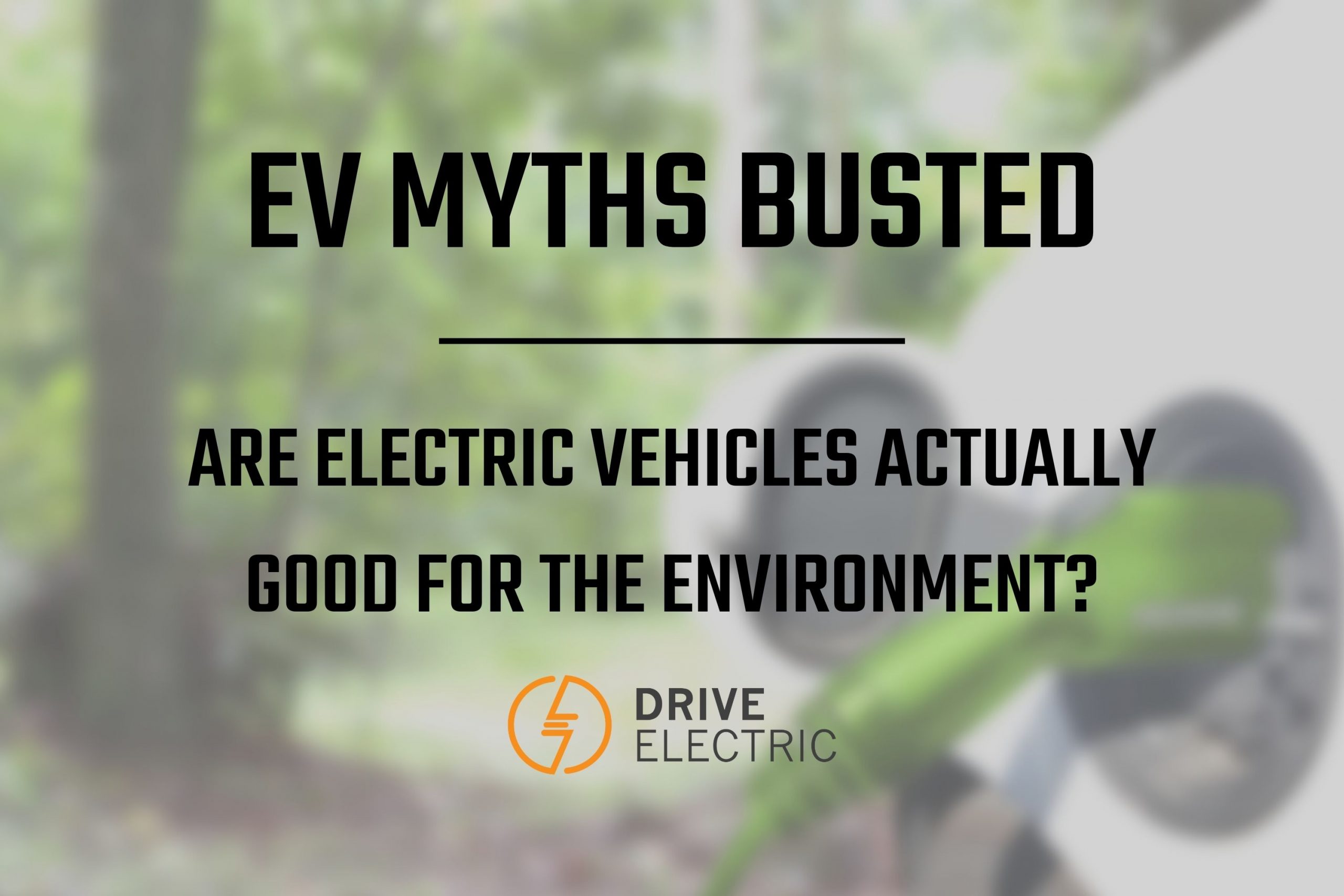
Addressing the sustainability of electric vehicles compared to traditional vehicles
While there have been concerns about the environmental impact of electric vehicles, studies have shown that they are, in fact, more environmentally friendly than their gasoline counterparts.
Addressing the sustainability of electric vehicles compared to traditional vehicles

Electric vehicles are more sustainable than traditional vehicles due to their lower emissions. They contribute to reducing greenhouse gas emissions and air pollution, which is crucial for combating climate change and improving air quality.
Impact of electric vehicles on reducing greenhouse gas emissions

Electric vehicles have a significant impact on reducing greenhouse gas emissions. They produce zero tailpipe emissions, helping to mitigate climate change and improve air quality. According to a study by the Union of Concerned Scientists, electric vehicles emit less than half the emissions of comparable gasoline-powered vehicles over their lifetime. This reduction in emissions is crucial in achieving global climate goals and transitioning to a sustainable transport system. Electric vehicles, when charged with renewable energy sources, have the potential to be even more environmentally friendly, further reducing greenhouse gas emissions. The widespread adoption of electric vehicles is a key solution in combating climate change and achieving a sustainable future.
Myth: Electric Vehicles Are Expensive to Own and Operate
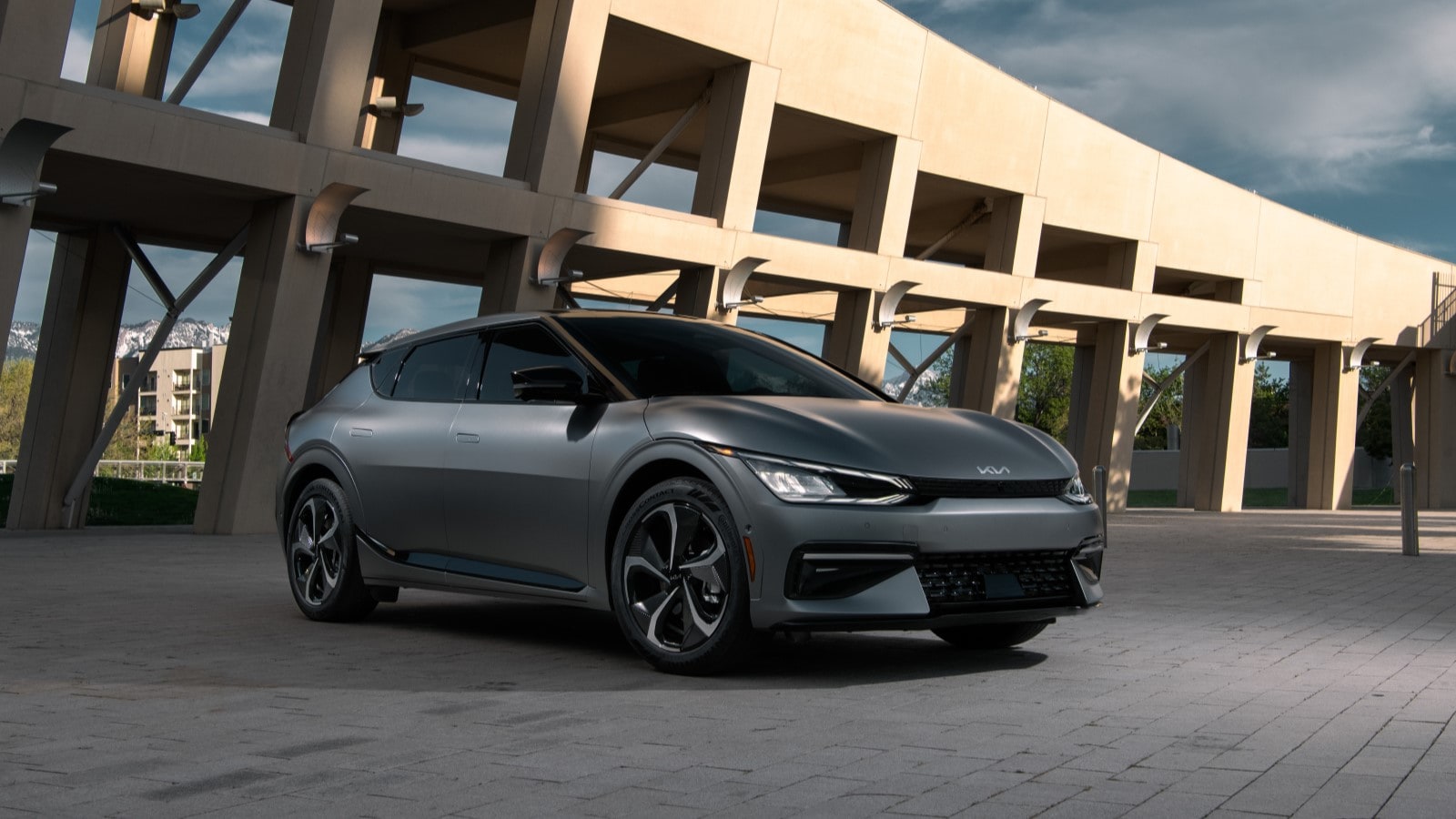
Analyzing the cost-effectiveness of electric vehicles over time, studies have shown that they can be more affordable to own and operate than traditional gasoline-powered vehicles. Electric vehicles have lower maintenance and fuel costs, and government incentives and rebates can further reduce the initial purchase price. The total cost of ownership, including factors like resale value and energy consumption, often makes electric vehicles a cost-effective choice for consumers.
Analyzing the cost-effectiveness of electric vehicles over time

Analyzing the cost-effectiveness of electric vehicles over time reveals that they can be more affordable to own and operate than traditional gasoline-powered vehicles. With lower maintenance and fuel costs, combined with government incentives and rebates, electric vehicles often provide a cost-effective option for consumers.
Factors contributing to the total cost of ownership of electric vehicles
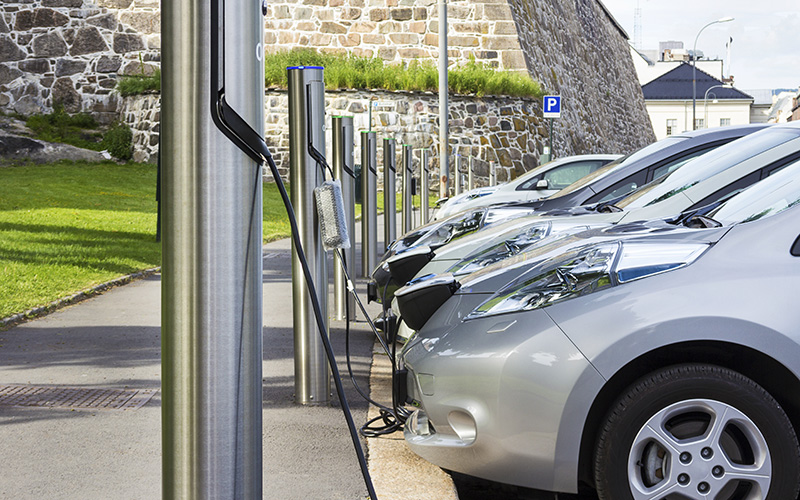
Factors contributing to the total cost of ownership of electric vehicles include the upfront purchase price, government incentives and rebates, charging infrastructure costs, and ongoing maintenance and electricity costs. These factors can vary depending on the region and individual circumstances, but overall, electric vehicles have the potential to be more cost-effective in the long run compared to gasoline-powered vehicles.
Myth: Electric Vehicles Lack Charging Infrastructure

Examining the growth of electric vehicle charging infrastructure reveals a widespread network of charging stations. Accessibility and convenience are improving, allowing electric vehicle owners to easily charge their vehicles in various locations.
Examining the growth of electric vehicle charging infrastructure

The electric vehicle charging infrastructure has experienced significant growth in recent years. Charging stations can now be found in various locations, including public areas, shopping centers, and workplaces. This widespread network of charging infrastructure has greatly improved accessibility and convenience for electric vehicle owners.
Accessibility and convenience of charging stations for electric vehicle owners
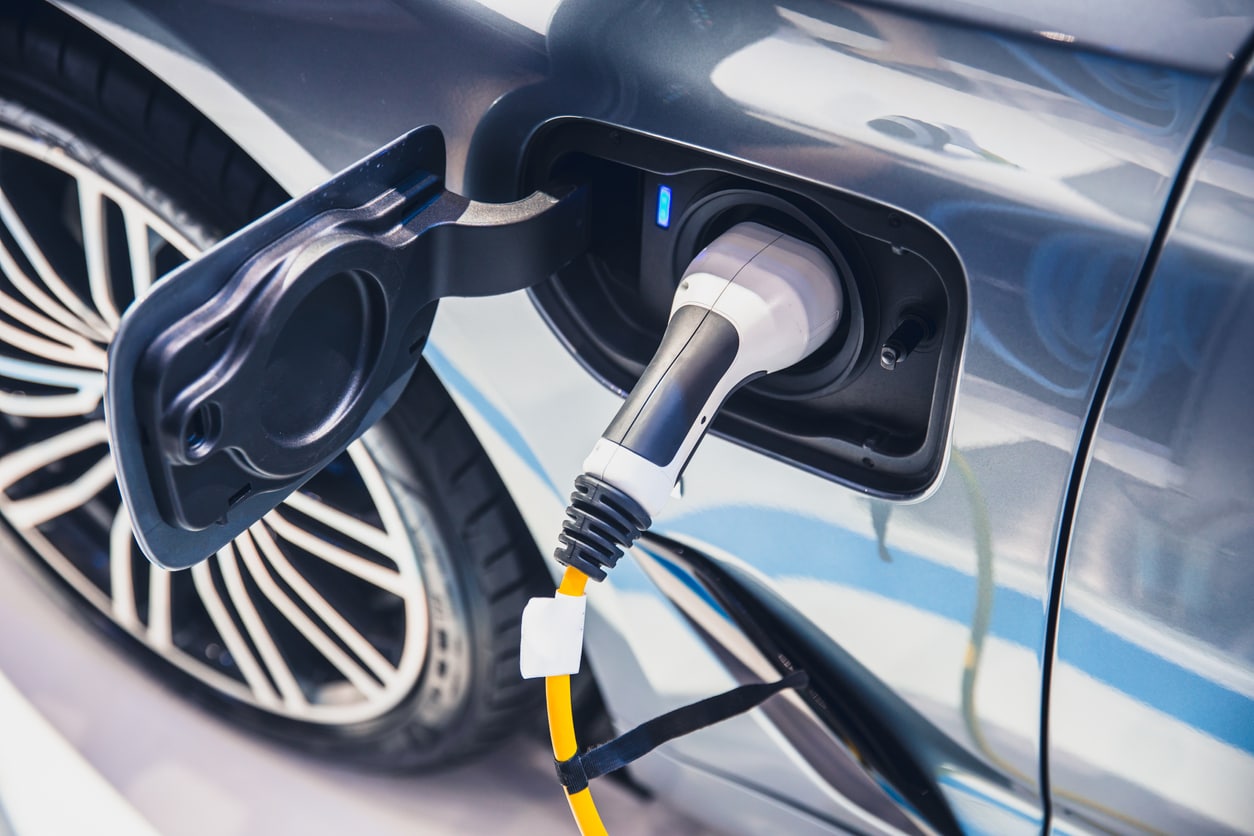
Electric vehicle charging stations have become more accessible and convenient for owners. They can now be found in public areas, shopping centers, and workplaces, making it easier to charge vehicles during daily activities. This widespread network of charging infrastructure enhances the overall convenience and usability of electric vehicles.